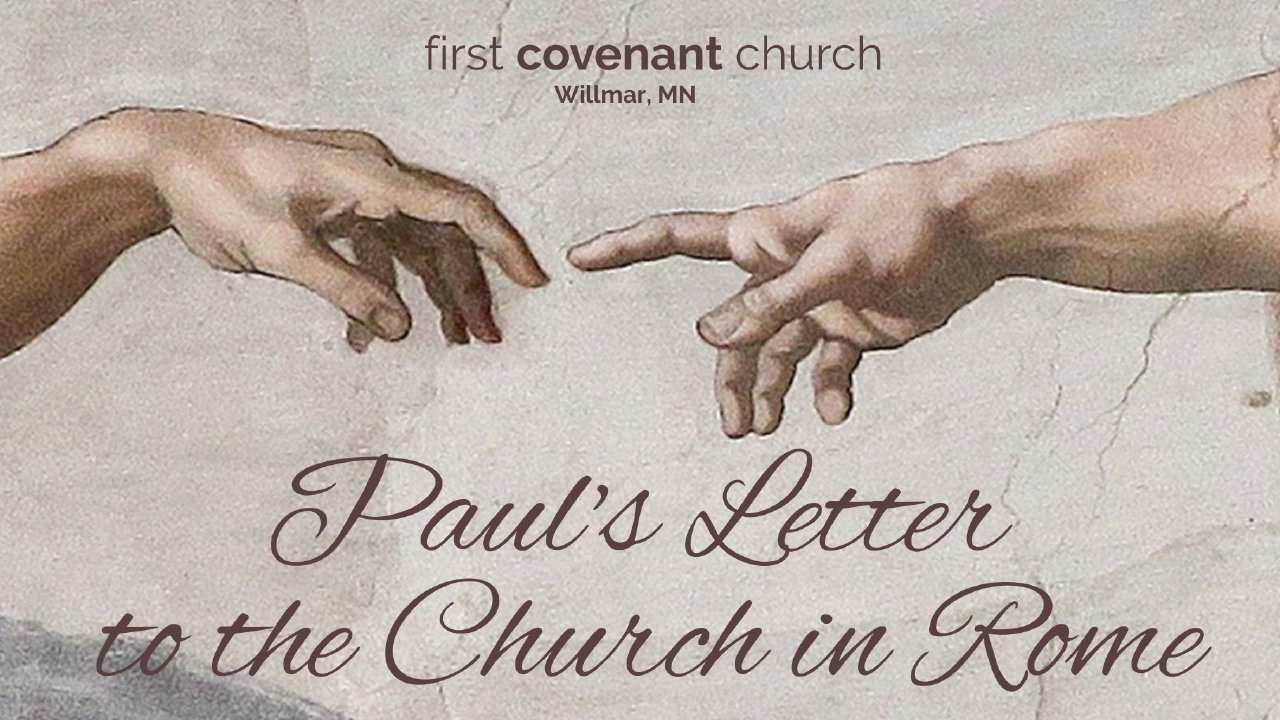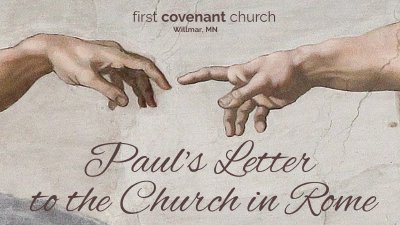This weekend is a celebration in our nation as we recognize our independence. Many will be celebrating this freedom in big bold red, white and blue fashion. As a citizen of this nation, I am incredibly grateful for the freedoms we have and confess I, too, often take them for granted.
Within the Christian Church, we also talk about freedom. This freedom is under the recognition of our citizenship in heaven. When we read the Bible we naturally interpret it through our own cultural lens. This may be true when it comes to freedom. In Chapter 5, of his letter to the Christians in Rome, the Apostle Paul established that Jesus’ followers live in a condition of grace. The atoning sacrifice of Jesus Christ has met all the requirements for justification and we are now righteous in relation to God because we are in Christ Jesus. Paul then returns to his opening observation, humanity has a sin problem. Does grace simply give us permission to keep on sinning? Romans 6-7 focus on the freedom we have in Christ Jesus, not a freedom to live unto ourselves, but liberation from one regime (sin) into a new regime (righteousness). God’s grace is much more than turning a blind eye to human wickedness, it is a power that will produce true life change in the hearts and minds of believers. What legalism, moralism, or “cheap grace” fail to produce, God’s gift in Christ Jesus and the resulting indwelling of the Holy Spirit, will render righteousness in those who believe. In preparation for this Sunday’s message, read Romans Chapters 6 and 7.

Romans 6-7
July 3, 2022 • Pastor Chris Pappenfus • Romans 6—7
More from
Romans





